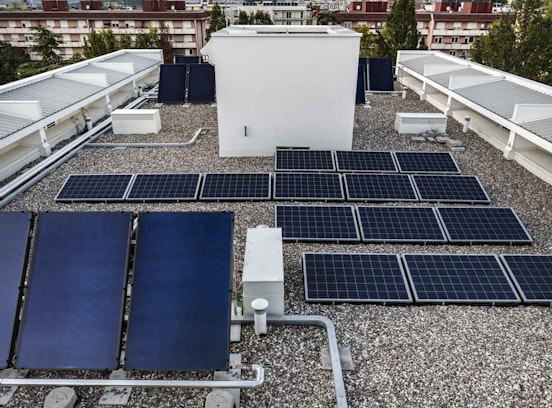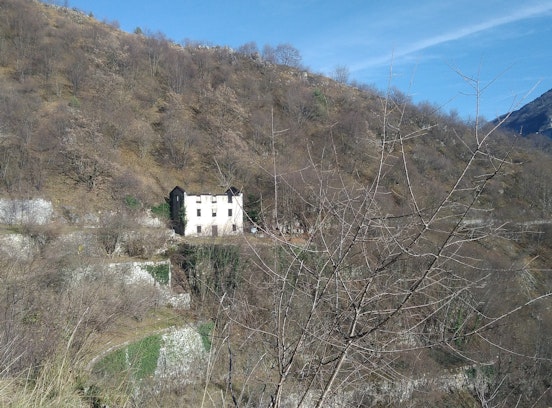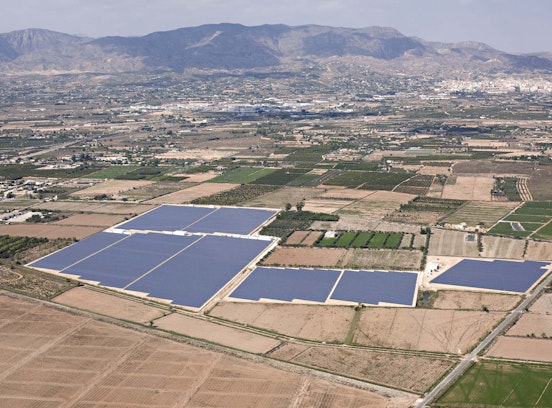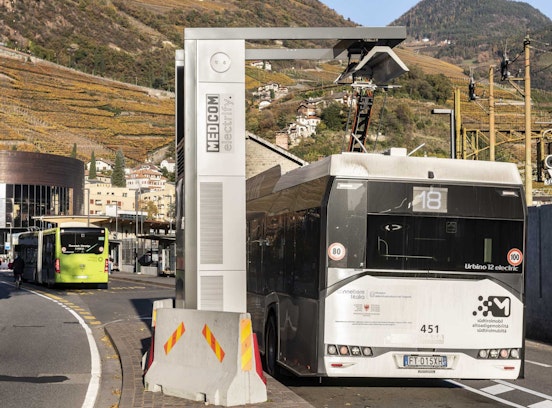Institute for Renewable Energy - News & Events - Hydroelectric power production in Northern Italy
Hydroelectric power production in Northern Italy
New study assesses the economic and environmental benefits of using flexible hydropower facilities to reduce carbon emissions.
- English
A recent scientific article published in the Jorunal Energy Policy delves into the short-term effects of hydroelectric power production for the case of Northern Italy.
The study assessed the economic and environmental benefits of using flexible hydropower facilities to reduce carbon emissions, further investigating charge and discharge operations of pumped hydroelectric storage (PHS) units. The analysis is based on 2018 data for the Northern Italy’s day-ahead electricity market zone, where nearly 75% of the installed Italian hydropower capacity is located. Through OLS estimations based on 2018 data, it is found that storage generation has a significant external benefit, with a marginal emission factor of 0.13 g/MWh. This decrease in emissions is attributed to the effectiveness of storage during off-peak hours, where the MEF drops to 0.17 g/MWh, displacing carbon-intensive baseload generation.
Filippo Beltrami, researcher at Eurac Research and first author of the study worked on validating the employed data and methodological framework for calculations, while underscoring the importance of flexible PHS units for reducing carbon emissions and enhancing grid resilience. Addressing these aspects is crucial for ensuring flexibility and stability for the entire energy system, given the rising generation from intermittent renewable energy sources (RES) in modern electricity grids.
"This paper stands out by providing a novel approach to calculate the marginal impact on CO2 emissions from hydroelectric power production, selecting marginal emissions factors (MEFs) to derive effective policy implications. This research highlights the potential of PHS units in displacing carbon emissions from fossil fuel power plants. Overall, the findings emphasize the importance of integrating flexible hydropower into the grid to enhance the overall sustainability and resilience of the electricity system" says Beltrami.
Read the original paper here









